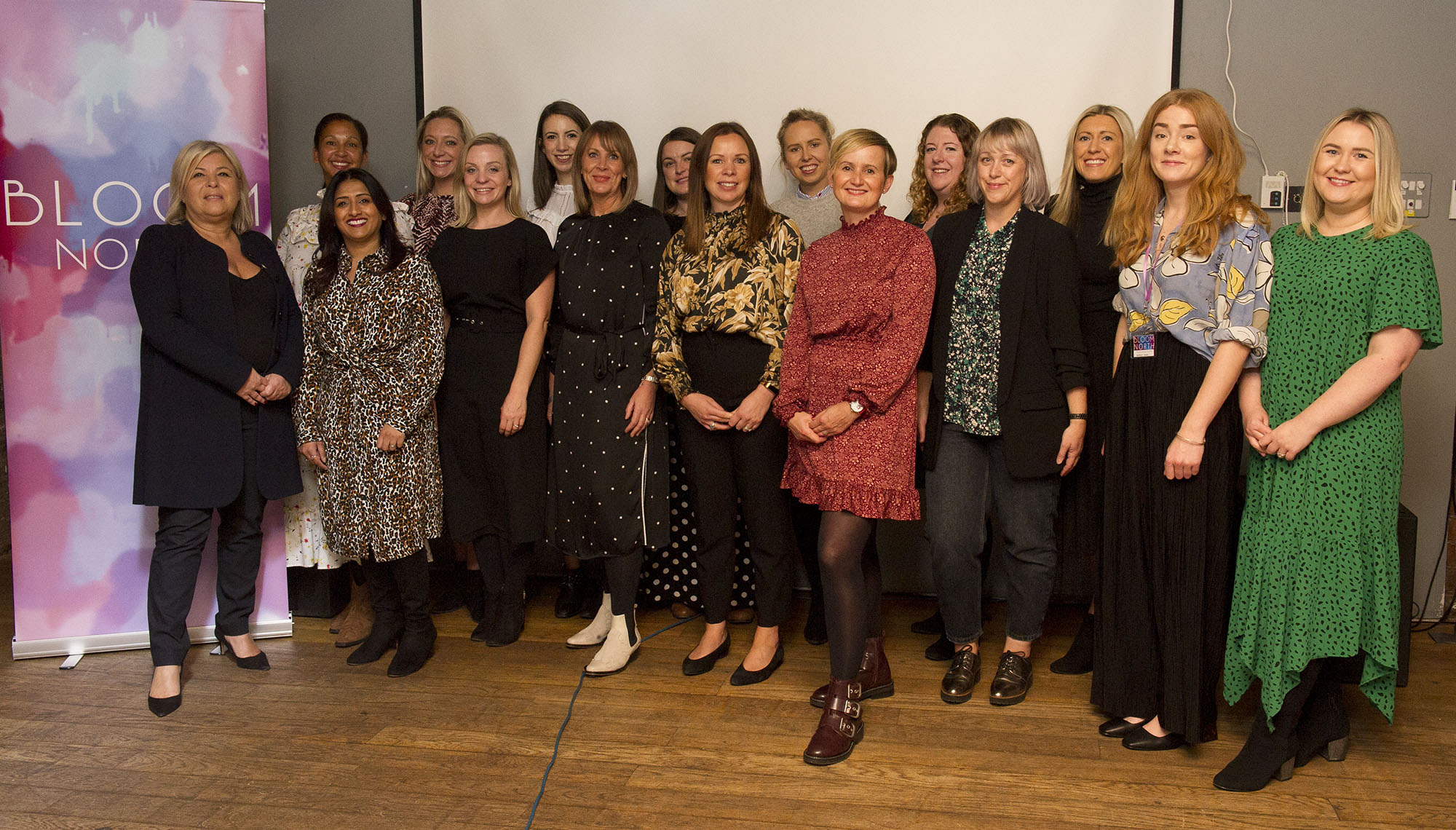
Advertisers are always concerned about what websites and news topics they are associated with. The wrong advertising placement on a website can have enormous consequences for a brand’s image and reputation.
No business wants to be associated with terrorism and death, as this can bring irreversible damage to any brand.
To stop this from happening, many advertising networks have keyword blacklists that stop advertiser’s ads from being shown on articles and websites with a negative sentiment. This is often referred to as “Brand Safety Tech”. But this seemingly protective system often causes more harm than good and affects both advertisers and publishers alike.
Keyword Blacklists Explained
Keyword blacklists are a type of technology which are found on many advertising networks, especially in programmatic display advertising. These blacklists contain hundreds to thousands of negatively associated keywords which advertisers don’t want their ads to appear for.
In many cases, these blacklists work perfectly fine, stopping many advertiser’s ads from being displayed on negative content relating to violence, drugs, sex and other undesirable stories. But in some cases, most recently with the rise of the coronavirus pandemic, these blacklists have been causing huge problems for both advertisers and publishers.
Incorrect Keyword Blocking
While publishers have traditionally encouraged the use of blacklists on advertiser’s campaigns, these blacklists are now growing bigger than ever with some lists containing over 3,000 words.
Without understanding the context of a single word in an article, many articles are automatically banned from displaying adverts which are otherwise brand safe.
A prime example of this would be articles relating to Meghan Markle, a popular figure in worldwide news. Sometimes referred to in the media as just Meghan, her full title Meghan Markle the Duchess of Sussex is also used regularly. As many advertisers often blacklist the keyword “sex”, their blacklist would trigger on any article relating to Meghan Markle when using her full royal title and not display any ads. This is called the Scunthorphe Problem and is a huge issue for existing brand safety technologies.
Not only does this cost website publishers ad revenue, but it also stops advertisers from being displayed on brand-safe articles. It’s these types of false-positive detections that have lead to a huge increase in loss of ad revenue and potential earnings for marketers.
The Cost For Advertisers & Publishers
The rise of accidental blocking from keyword blacklists has had a considerable toll on both publishers and advertisers worldwide.
Recently, the coronavirus pandemic has received significant coverage in world media over the past several months, but many publishers have been unable to sell their inventory.
An article by the Guardian estimated that UK news sites are losing £50 million in ad revenue as keyword blacklists block coronavirus related articles. Other publishers in countries such as the USA and Australia are also taking a hit with estimates being as high as $264 million per month.
With a significant focus on news sites reporting the number of deaths from the pandemic, many of these coronavirus related articles are blocked by advertiser’s keyword lists. This leaves publishers with lots of inventory that they are struggling to sell – and brands without a place to advertise their products.
Advertisers might think that keyword blacklists are the solution to reducing bad placements and fraud, but it’s clear this strategy has its flaws. Thanks to the advancements in artificial intelligence, there are now plenty of ad protection services out there that can do a better job than keyword lists. Not only do they provide better protection than single keyword lists, but both advertisers and publishers would be better off in the long run if the industry moved to a more automated approach.









